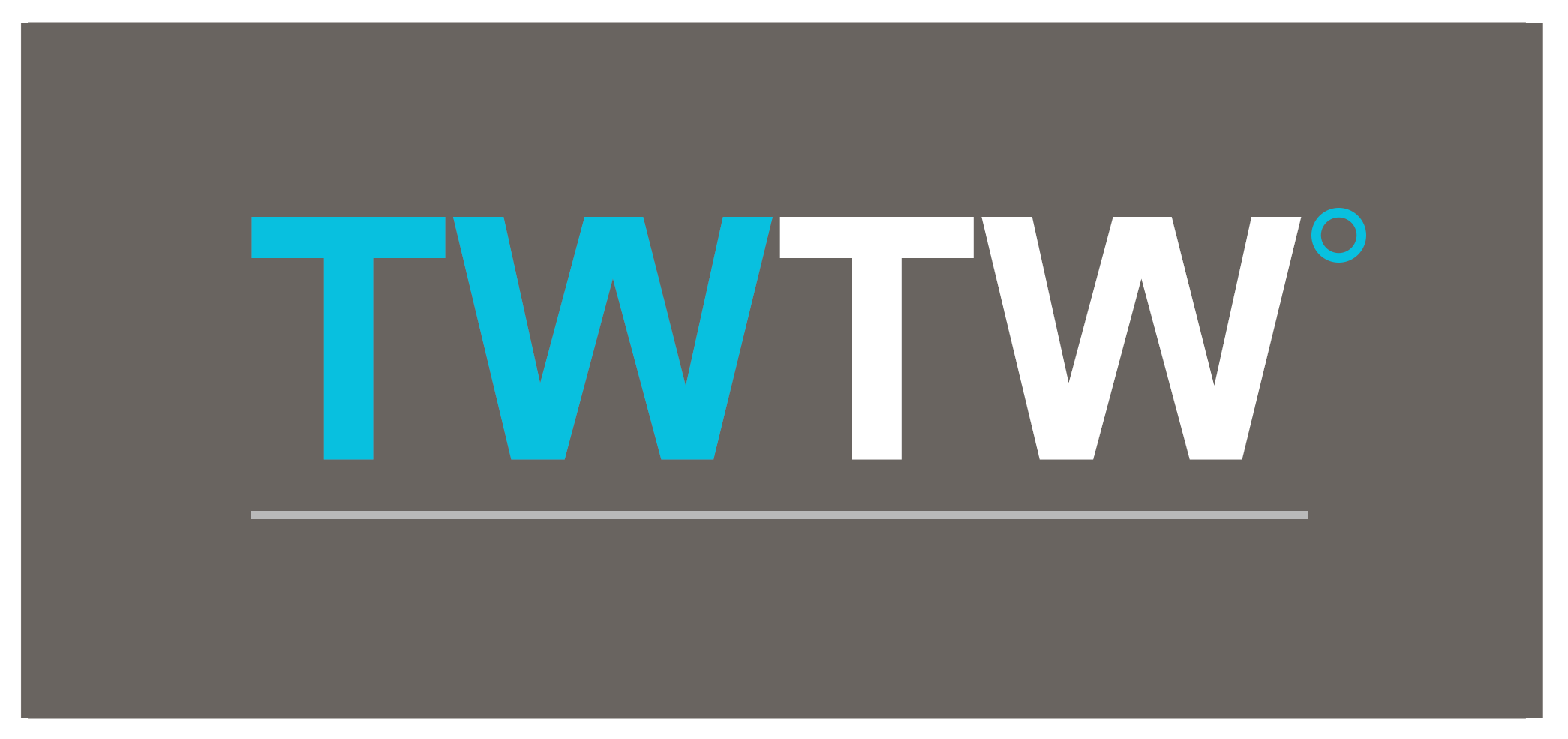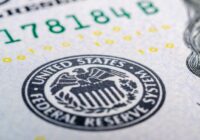The Fed’s historic decision to raise rates will benefit savers, strengthen the dollar and increase volatility, as well as possibly reduce asset prices and inequality.
On December 16, the Federal Open Market Committee of the US Federal Reserve (Fed) “decided to raise the target range for the federal funds rate to 1/4 to 1/2 percent.” This is the first time that the Fed has raised rates in nearly a decade, bringing an end to the zero-rate era that began in December 2008. This was three months after the collapse of Lehman, that infamous investment bank led by Dick Fuld who wanted to reach in, rip out hearts of short sellers of Lehman stock and eat them before they died.
The Great Recession of 2008 was a result of many factors. During the days of Alan Greenspan, the Fed kept monetary policy far too loose. The huge sums of money sloshing around in the economy led to bubbles, first dotcom and then real estate. During the latter bubble, banks lent to people without incomes and jobs. They then repackaged these so-called subprime loans as fancy derivatives and sold them on to others. The borrowers borrowed far too much. Then lenders lent irresponsibly. Those who bought derivatives did not really know what they were buying. The credit rating agencies were incompetent if not negligent. The regulators were out of their depths and asleep at the gate.
The Great Recession was in many ways a crisis born out of hubris. In the heady days after the fall of the Berlin Wall and the Soviet Union, policymakers in Washington, DC and London developed deep faith in the untrammeled powers and infinite wisdom of the markets. None other than Bill Clinton, the darling of the Democrats, signed into law the Financial Modernization Act of 1999. This reversed the Banking Act of 1933, better known as the Glass-Steagall Act, that separated commercial and investment banking after the 1929 stock market crash.
From now on, financial companies were able to consolidate into behemoths with oligopolistic power. Captains of finance were able to indulge in ever riskier activities. Compensation of people like Fuld reached astronomical proportions, totaling hundreds of millions of dollars. Theoretical physicists flocked to Goldman Sachs instead of staying put at MIT or joining NASA. Deng Xiaoping’s purported phrase, “to get rich is glorious” captured the new zeitgeist of this era. People like Byron Dorgan, the senator who opposed the reversal of Glass-Steagall and warned of impending doom, were dismissed as irrelevant troglodytes playing doomsday Cassandra.
The Great Recession of 2008 was inevitable, but the scale and speed with which it unfolded caught everyone by surprise. At the time, Hank Paulson, the former head honcho of Goldman Sachs, was the lord of the US Treasury. Like Fuld, he acted arrogantly and prized expedience over effectiveness. The bailout of Wall Street banks with mergers forced at gunpoint made too big to fail even bigger to fail. Moral hazard, the term that economists use to describe a situation where one party ends up with the benefit and the other the cost of the risk, was amplified.
Gridlock in Congress and ideological divides meant that fiscal policy was largely paralyzed. Both the Tea Party and Occupy Wall Street movements were full of sound and fury but failed to offer coherent critiques of what had gone wrong or alternatives for the future. It was left to the Fed to stop the Great Recession from turning into another depression. It did so by flushing the system with easy money. First, it slashed interest rates to nearly zero. Second, it embarked on a policy of quantitative easing or QE. This simply entails buying securities such as government bonds from banks with electronic cash that did not exist before. The greater the quantity of assets that central banks purchase, the higher bank reserves become, encouraging banks to make loans. This is a practice the Bank of Japan has been following for a while, but the jury is still out about its effectiveness.
In October 2014, the Fed ended QE after injecting $3.5 trillion into the American economy. As Jeff Kearns of Bloomberg points out, this amount is roughly equal to the German economy.
Now, the Fed has raised interest rates just a wee bit, but this has massive implications for the global economy. First, savers will get a higher return on their investment. This is good news for elderly Americans who rely on interest income to get by. Second, the cost of capital has gone up after years of free money for banks. This will make credit more expensive for borrowers. Third, asset prices are likely to go down as future profits will be discounted by an increased rate.
Fourth and most importantly, the dollar will strengthen vis-à-vis other currencies. The European Central Bank is still following QE, as is the Bank of Japan. The International Monetary Fund (IMF) might have included the Chinese renminbi in its elite basket of currencies, but this has not stopped its slide. This means that money might flee other economies to gush into the American economy because the US will be more of a safe haven as China stumbles, emerging economies wobble, Japan remains paralyzed and the eurozone crisis carries on. Asset prices may not go down in the short-term because incoming capital might offset the deeper discounting rate.
The strengthening of the dollar will make imports cheaper and exports more expensive. Volatility will certainly increase in the global economy. Needless to say, fewer investment dollars will now leave American shores. This might exacerbate the slowdown in emerging economies. The US monetary policy has now decoupled from that of other major economies, and this carries unforeseeable risks.
Finally, as Alexander Friedman points out, the trend of increasing income and wealth inequality could come to an end. As this author has explained in the past, there are huge quantities of dollars, euros and other currencies sloshing around, but the world is not producing dramatically greater quantities of wheat or cars. Since 2008, low interest rates and QE have enabled those who own apartments in New York and shares of Facebook to laugh all the way to the bank. Those who serve as baristas are not so thrilled.
 Friedman, who once headed UBS Wealth Management, rightly says, “America’s 20 wealthiest people now own more wealth than the bottom half of the entire population.” He goes on to state a shocking and oft-ignored fact. In Bridgeport, an hour north of Wall Street, “the Gini coefficient — a standard measurement of income distribution and inequality — is worse than in Zimbabwe.” This new society of masters and serfs is not quite as sustainable as it seems.
Friedman, who once headed UBS Wealth Management, rightly says, “America’s 20 wealthiest people now own more wealth than the bottom half of the entire population.” He goes on to state a shocking and oft-ignored fact. In Bridgeport, an hour north of Wall Street, “the Gini coefficient — a standard measurement of income distribution and inequality — is worse than in Zimbabwe.” This new society of masters and serfs is not quite as sustainable as it seems.
The Fed has long been navigating between the Scylla of a global slowdown and the Charybdis of inequality amplifying asset price bubbles. It has finally decided that the latter is now the bigger risk. It based its decision on the moderate expansion in economic activity. Even though inflation continues to be below its target rate of 2%, the Fed is making a bet that the declines in energy prices and non-energy imports are not sustainable. It expects inflation to rise to 2% “as the transitory effects of declines in energy and import prices dissipate and the labor market strengthens further.”
The Fed is making a big bet at a time when there are far too many variables effecting the global economy, many of which are unknown. Even the unemployment rate of 5% in the US is misleading because the labor force participation has dropped to 62.4%, the lowest in 38 years. The Yankee Doodle and Dragon dance that this author wrote about in 2007 still continues unabated, and the global imbalances get worse as the US fails to save while China invests the saving of its hundreds of millions utterly unwisely. The social, environmental and human costs of the current global economic system are barely factored in and the prevailing orthodoxy rules unchallenged, despite grandiloquent declarations at the Paris Climate Summit.
Even though the Fed has been most gentle in its rate rise, its unanimous decision is historic. It has most tenderly closed the tap releasing a torrent of money into the global economy. What happens now is anyone’s guess, but an era has come to an end.
*[You can receive “The World This Week” directly in your inbox by subscribing to our mailing list. Simply visit Fair Observer and enter your email address in the space provided. Meanwhile, please find below five of our finest articles for the week.]
The High Cost of Ignoring Bernie Sanders
Study finds that US presidential candidate Bernie Sanders has been virtually ignored by media outlets.
Last week brought near-universal condemnation of Republican presidential candidate Donald Trump for calling for a “total and complete” ban on Muslims entering the United States. From British Prime Minister David Cameron to actor George Takei, and from President Barack Obama to House Speaker Paul Ryan, leaders condemned vitriolic Trump speech.
Yet hidden in the near-universal criticism of the right-wing demagogue is both the role the media have played in his rise, and its cost to American values. The media have enjoyed the ratings buzz of covering Trump’s misogynistic, racist trumpeting of hate. The lackluster businessman was, until recently, best known politically for questioning Obama’s US citizenship as a leader of the harebrained “birther” movement (no disrespect intended to those fuzzy animals).
As a candidate, the media have breathlessly covered the following: Trump implying that supporters who targeted a Hispanic homeless man for a beating were “passionate”; his brutal imagery of a bloodied Fox News anchor… Read more
Syrian Humanitarian Workers Aid Fellow Citizens
As the conflict nears its fifth year, Syrians are still attempting to help fellow Syrians. Maria Khwaja Bazi speaks to the White Helmets.
Earlier this year, Alan Kurdi’s death captured and held the attention of the international community, shedding light on the refugee crisis in the Mediterranean and the war in Syria. Yet while Europe deliberates over the thousands perilously trying to reach safety, America hesitates in fear, and the Western media terrifies populations into comparing refugees to dogs, roughly 2,800 volunteers in Syria attempt to assist a population under siege.
Meet the White Helmets, a group of Syrian volunteers working in the aftermath of barrel bombs, airstrikes and warfare across Syria. The White Helmets, or the Syrian Civil Defense, formed as an ad hoc organization in 2013, trained by earthquake rescue workers in Turkey, and have now expanded across Syria to provide aid where there is none.
Manal is one of the female volunteers working in Deraa, a southern city known for its 2011 uprising. She speaks in lyrical… Read more
There’s More to Chicago Gang Violence Than Meets the Eye
Writing off the children growing up in Chicago’s ghettos as lost causes will only ensure the continuation of the cycle of violence.
There’s a bullet for everyone in my neighborhood. You just have to dodge it or not be around when the gunman puts it in the cartridge, cocks it and aims.
As of June 8, Chicago had seen 1,050 people shot since the beginning of 2015. That’s more than the number of people shot in New York and Los Angeles combined. Although some critics, such as Chicago Police Superintendent Garry F. McCarthy, argue that crime rates have dropped in Chicago since the early 1990s, this claim is misleading. The amount of shooting victims has actually spiked, since violence is concentrated in certain areas. Specifically, the Englewood police district clocked in more murders in 2011 than any other district where unemployment was approximately 35%.
This is how we roll in Englewood, one of the many hoods in the south side of Chicago. It’s a cold environment in these parts… Read more
ISIS Strategy is to Divide and Conquer
The attacks in Egypt, Lebanon and France show that ISIS feels threatened and is shifting its strategy to exert a cost on the coalition powers.
Over two weeks, the Islamic State (IS) carried out three attacks of global significance: downing a Russian passenger airliner over Egypt’s Sinai desert, killing 224 passengers on their way to St. Petersburg; bombing a marketplace in Beirut, which claimed the lives of 40 civilians; and killing at least 130 people in Paris, the worst terrorist attack in French history.
The fear that IS instills is fueled by a profound lack of understanding of the group’s motives. Many have marked the violence as irrational and nihilist. A former NATO official, for example, described IS as “not great strategists; their policies are often haphazard, reckless, even preposterous” and contests that “we are not only horrified but baffled.” Similarly, the group’s goals are inflated; for example, in the remarks of US President Barack Obama that “this is an attack on all of humanity and the values we share… Read more
Why Do Some People Reject Climate Change?
Despite the overwhelming scientific evidence of climate change and its effects, many people are still skeptical.
Climate change, its causes, its effects and how we should respond globally and individually are arguably one of the most divisive and challenging issues of our time. There is considerable and compelling scientific evidence not only for the causes, but also for the long-term effects of climate change. Yet despite this, a global agreement among nations has been very difficult to attain. Despite the overwhelming scientific evidence, and explanations of what climate change is and how human activity is significantly contributing to it, the world is struggling to make the changes required to avert its inevitable effects on humans for generations to come.
There have been numerous global actions to coordinate and organize scientific consensus and global actions through agreements. Not least of these are the publications of the Intergovernmental Panel on Climate Change (IPCC) and the activities of the United Nations Framework Convention on Climate Change (UNFCCC).
Despite these positive global initiatives and considerable efforts to… Read more
The views expressed in this article are the author’s own and do not necessarily reflect Fair Observer’s editorial policy.
Photo Credit: Olegator / Shutterstock.com
 We bring you perspectives from around the world. Help us to inform and educate. Your donation is tax-deductible. Join over 400 people to become a donor or you could choose to be a sponsor.
We bring you perspectives from around the world. Help us to inform and educate. Your donation is tax-deductible. Join over 400 people to become a donor or you could choose to be a sponsor.
Support Fair Observer
We rely on your support for our independence, diversity and quality.
For more than 10 years, Fair Observer has been free, fair and independent. No billionaire owns us, no advertisers control us. We are a reader-supported nonprofit. Unlike many other publications, we keep our content free for readers regardless of where they live or whether they can afford to pay. We have no paywalls and no ads.
In the post-truth era of fake news, echo chambers and filter bubbles, we publish a plurality of perspectives from around the world. Anyone can publish with us, but everyone goes through a rigorous editorial process. So, you get fact-checked, well-reasoned content instead of noise.
We publish 2,500+ voices from 90+ countries. We also conduct education and training programs
on subjects ranging from digital media and journalism to writing and critical thinking. This
doesn’t come cheap. Servers, editors, trainers and web developers cost
money.
Please consider supporting us on a regular basis as a recurring donor or a
sustaining member.
Will you support FO’s journalism?
We rely on your support for our independence, diversity and quality.











